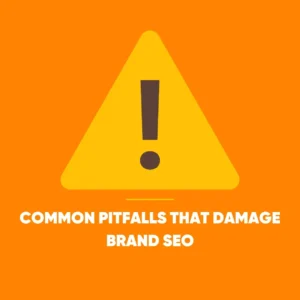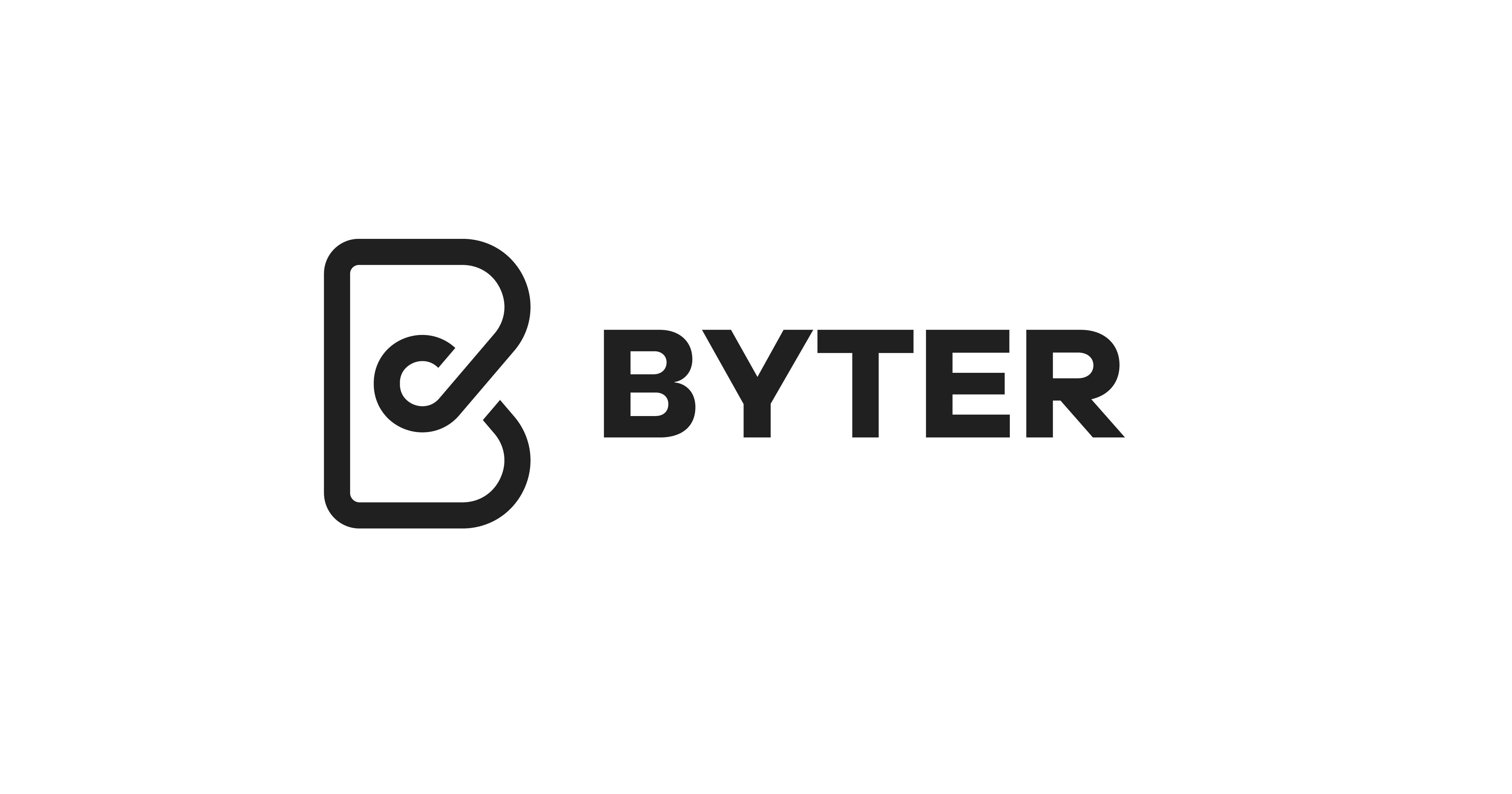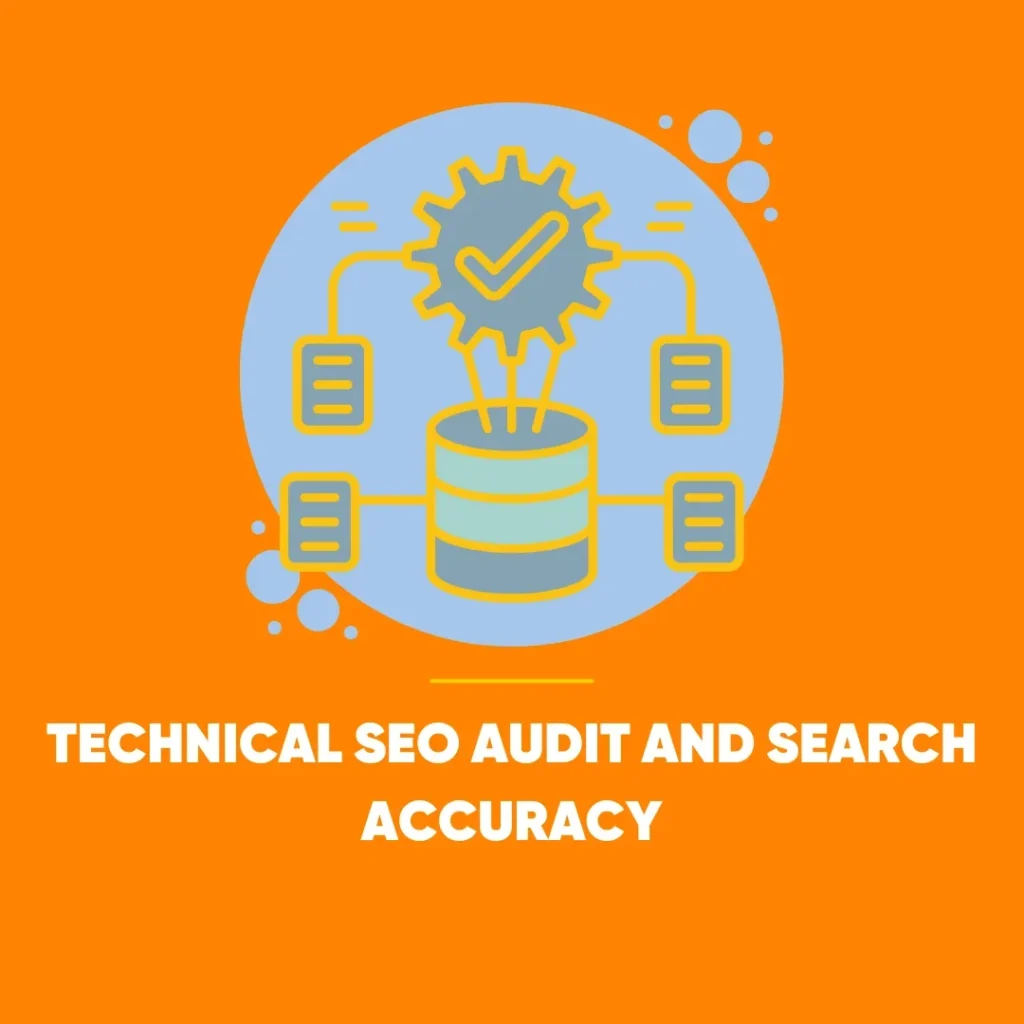How SEO Shapes Modern Brand Growth
Brand authority SEO helps businesses build trust, boost visibility, and create lasting recognition that drives meaningful engagement online. Yet, what happens after those clicks? Too often, nothing lasts.
People visit, browse, and disappear. They don’t remember the brand, and they don’t come back. Worse still, search engines see no proof of brand authority – meaning long-term visibility slowly slips away.
As search becomes more conversational and AI-led, recognition is now just as crucial as reach. Search engines increasingly showcase trusted voices, not just optimised pages. This is where brand-focused SEO becomes essential.
Why SEO Matters More Than Ever
 Search behaviour has evolved dramatically. Rather than scrolling through endless blue links, users now receive AI-generated summaries and recommendations. And the brands most often featured are the ones search engines already trust.
Search behaviour has evolved dramatically. Rather than scrolling through endless blue links, users now receive AI-generated summaries and recommendations. And the brands most often featured are the ones search engines already trust.
Recent analysis suggests that around one in three Google searches include a brand name. In other words, branding has merged with SEO. Visibility now depends on how well a business communicates its identity, authority, and expertise online.
Brand SEO is about ensuring that when someone searches – whether on Google, TikTok, or YouTube – the business shows up consistently, looks credible, and leaves a lasting impression. Brand authority SEO isn’t just about attracting traffic; it’s also about shaping how audiences perceive and trust your brand.
What Exactly Is Brand SEO?
Brand SEO focuses on how a brand appears in search results and how consistently that image is reinforced across the web. It’s about control – not leaving one’s online reputation to chance.
Strong brand SEO ensures that the company’s name, products, and people appear accurately and authoritatively in search results. It builds credibility through real-world signals, including:
- Visibility for branded keywords (e.g. company name, flagship products, or founders)
- Mentions on reputable websites – even when unlinked
- Content that aligns with brand values and demonstrates expertise
- Authorship transparency and real-world experience
These signals form the bridge between traditional SEO and brand trust. Without them, even the best technical optimisation struggles to build recognition.
How Branding and SEO Work Together
Search engines reward recognition. When people recognise and trust a name, they’re far more likely to click, engage, and stay. Those actions, in turn, send positive signals back to Google – improving rankings naturally.
This creates a loop of credibility:
- A strong brand earns clicks and mentions.
- Search engines interpret those actions as trust.
- The brand gains better visibility.
- Greater visibility strengthens recognition even further.
This cycle explains why brand authority SEO and branding should never operate separately but instead work together to build credibility. A well-known name improves technical metrics like click-through rate, dwell time, and backlinks – often without additional effort.
Equally, appearing high in search results reinforces the perception of trustworthiness, even among new audiences.
How to Strengthen Brand
Many businesses only think about their search presence once a problem appears – perhaps when negative reviews rise to the top or competitors dominate branded searches. But proactive brand SEO ensures control over how the brand is seen before that happens.
Here’s how to build and protect a strong brand presence online.
1. Optimise for Branded Search Queries
Start by searching for your own brand. What appears on the first page? Ideally, users should see the company’s website, social profiles, review pages, and perhaps a Knowledge Panel.
If competitors, outdated listings, or irrelevant pages appear instead, it’s time to act.
- Claim and update all business profiles and directory listings, because accurate information immediately boosts credibility and improves search visibility.
- Add structured data (schema markup) to your website, so search engines better understand your content and display it attractively.
- Keep your social channels active and aligned with your brand tone, as consistency builds trust and strengthens recognition over time.
- Use your Home and About pages to clearly explain who you are and why people should trust you, since transparency always fosters confidence.
These pages often rank highest for branded searches, so brand authority SEO treats them like essential digital shop windows.
2. Strengthen E-E-A-T Signals
Google’s framework of Experience, Expertise, Authoritativeness, and Trustworthiness (E-E-A-T) now shapes much of how content is ranked. Brands that demonstrate real-world experience and transparent authorship perform better in search.
To build these signals:
- Include author bios with credentials on every article, because verified expertise immediately increases trust and strengthens content credibility.
- Highlight company leadership, team expertise, and industry recognition, so audiences clearly see the people and achievements behind your brand.
- Publish original research or insights, as fresh data not only attracts attention but also reinforces your authority within the industry.
- Add testimonials, certifications, and partnerships to your About page, since social proof consistently enhances reliability and builds confidence.
Off-site validation matters too. Mentions on reputable sites, even without backlinks, help connect your brand to its field of expertise in the eyes of search engines.
3. Earn Brand Mentions Organically
UltimatelySearch engines track brand mentions across the web – not only hyperlinks. Mentions in press articles, forums, or product reviews all act as credibility markers.
To encourage this:
- Contribute expert commentary or quotes to industry publications, so your brand consistently appears in credible and trusted spaces.
- Partner with creators or influencers aligned with your brand, and together, amplify awareness through authentic collaborations that feel genuine.
- Share unique research or insights that others will reference, because original data naturally attracts attention and builds long-term authority.
- Participate in discussions on platforms like Reddit or LinkedIn, since active engagement helps position your brand as approachable and knowledgeable.
Tools such as Google Alerts or Mention can help monitor these references. Once earned, they can also be showcased on your own site as proof of recognition.
4. Use Content to Express Brand Identity
A brand’s story is told through its content – and inconsistency is one of the fastest ways to lose trust. Every article, video, or page should reinforce what the brand stands for.
For example, a finance brand might aim to simplify complex topics with plain language and practical tips. A tech company might emphasise innovation and transparency.
The goal is coherence. When tone, message, and values align across every touchpoint – from product pages to blog posts – audiences begin to associate those traits with the brand itself. Search engines do, too.
Regularly review your content to ensure it aligns with your brand’s voice and purpose, strengthening overall brand authority SEO. Each new piece should strengthen recognition, not dilute it.
Common Pitfalls That Damage Brand SEO
 Even strong brands can lose search authority through simple missteps. The most common include:
Even strong brands can lose search authority through simple missteps. The most common include:
1. Inconsistent Voice and Messaging
A mismatch in tone across platforms confuses both users and algorithms. Brands that sound formal on their website but casual on social media risk losing coherence. Establish one clear voice and maintain it everywhere.
2. Ignoring Branded Search Results
Failing to monitor what appears for your own name is like neglecting your shopfront. Regularly review branded search results to ensure your official channels dominate.
3. Missing Authorship and Transparency
Anonymous content weakens credibility. Every article should have a visible author, ideally with a short biography, qualifications, and links to professional profiles.
4. No Off-Site Presence
If your brand never appears beyond its own domain, search engines may treat it as less legitimate. Active participation in external publications, communities, and events builds essential third-party trust.
The Future of SEO Is Brand-Led
Brand authority SEO has evolved far beyond keywords and backlinks, focusing instead on trust, credibility, and lasting recognition. It now revolves around identity, trust, and authority – the building blocks of brand equity.
AI-driven search results increasingly pull from recognisable, reputable sources. To appear there, a business must do more than optimise pages – it must prove it deserves to be heard.
That means strengthening content quality, authorship, off-site visibility, and brand consistency. All in all, it’s about earning trust across every platform where people search, scroll, or ask questions.
Final Thoughts
In summary, brands aren’t built through logos alone. They’re built through repetition, reliability, and relevance – the same qualities search engines reward.
A strong brand SEO strategy ensures that wherever potential customers look – Google, social media, AI overviews, or beyond – they find a consistent, trustworthy name.
When that happens, clicks turn into loyalty, and recognition turns into authority. That’s how modern brands grow – by showing up, standing out, and staying remembered.









